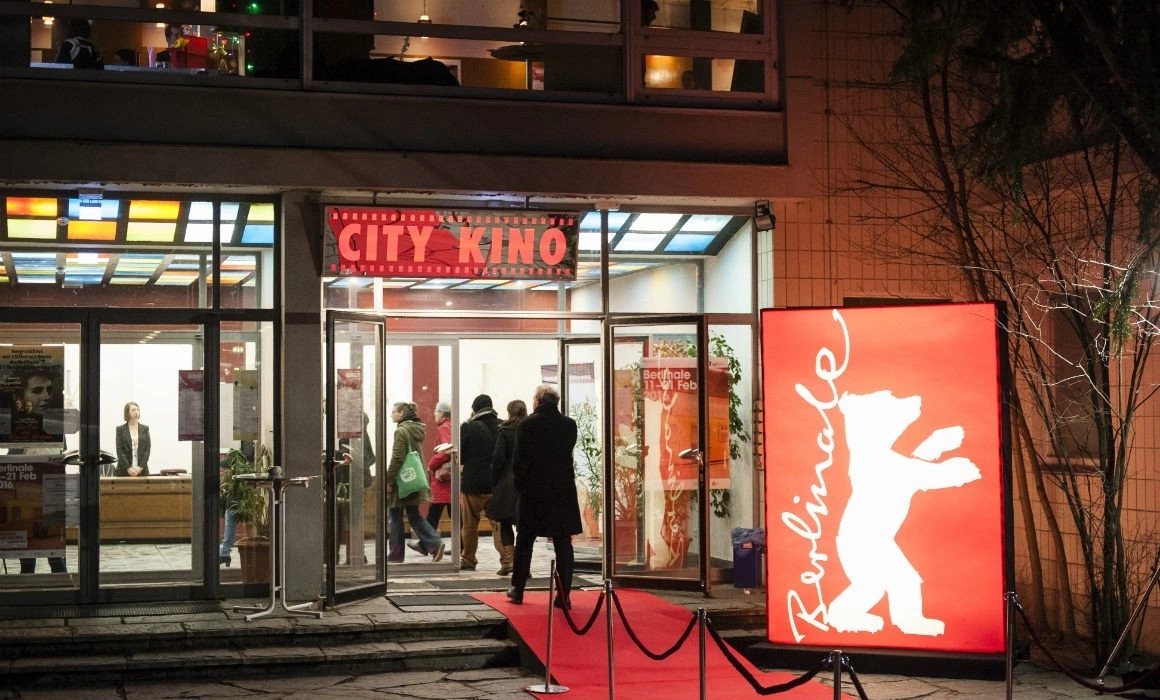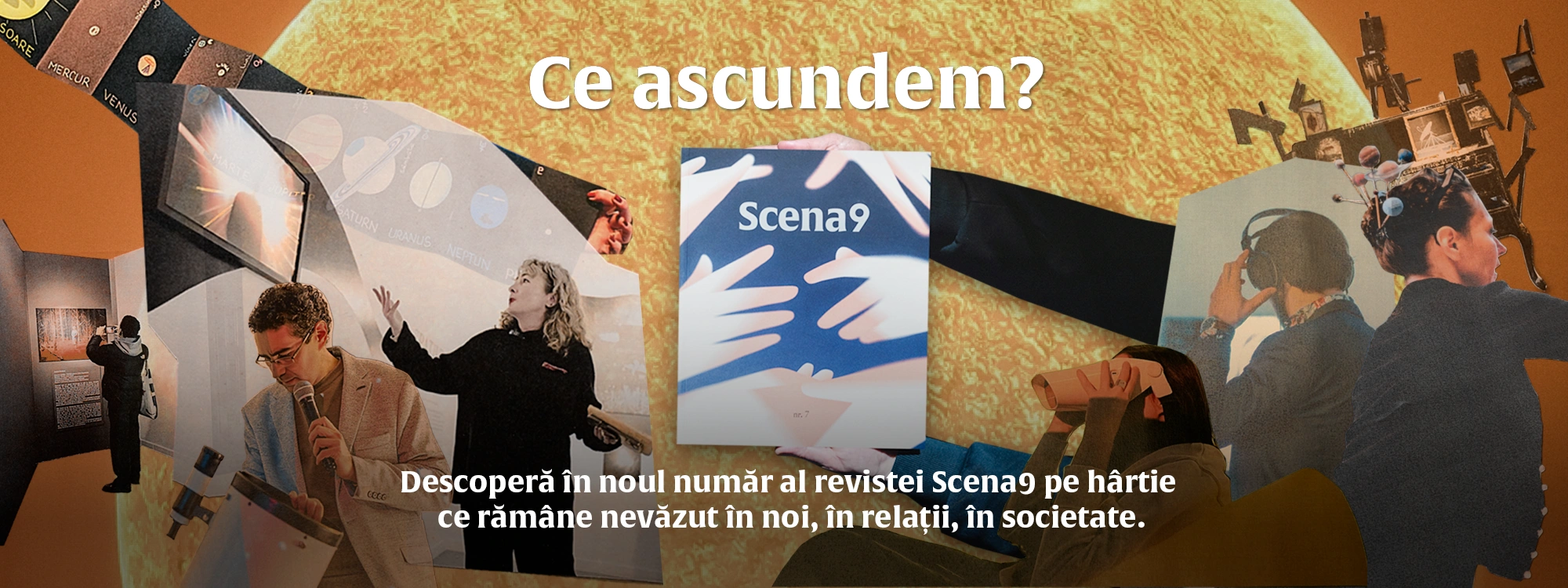The 67th Berlinale—here we are. About half a million film fans per year get to watch movies at what is allegedly the world’s largest festival based on actual attendance. Importantly, symbolically, this huge event takes place right at the heart of Europe—a Europe that’s in as much geopolitical turmoil as the rest of today’s world.
The Scena9 Berlinale story starts in a town at the heart of Transylvania, where a bunch of my festival frequenting friends said, “Oh, we should totes go to Berlin in February.” On more or less of a whim and feeling very cosmopolitan about it, I said, “Oh, yeah, totes”. Come January, the tickets had been purchased and the press pass applied for. As we left, protests over a controversial emergency government ordinance were well underway in our hometown of Bucharest. It felt unfair to jump ship and go live in cinemas for ten days—but, as expected, the main hashtag of the Romanian protests, #rezist, was also present on the red carpet in Potsdamer Platz.
Stay tuned, more to come on the Romanian presence at this year’s Berlinale in future coverage.
So, then, the 67th Berlinale—here we are. Five days into it, I’ve seen far less of over-ground Berlin than I had hoped I would. I also realized I’d set the bar far too high on the number of films I’d be able to fit in one day. I’d bar-hopped a little, slept a little, drank a fair bit, and smoked accordingly. I slowly grew to like Berlin, in spite of the cold. In spite of how utterly overwhelming it all is. To stay afloat, I tapped into some basic resources for (would-be cosmopolitan) urban survival. Here is what I’ve learned—and what movies I managed to catch in between my lessons:
1. Get maps.
Get Google Maps. Get a mobile data plan. Get roaming. Print out a map. Get a travel guide. Don’t lose the festival guide, which includes a detailed map of all the locations of the screening venues.
On our first evening in Potsdamer Platz, we asked four festival volunteers at four different venues about the press center. We obviously got four different answers. The wind, temperature and overall glass & steel monotony of the area didn’t help much either. I eventually came to accept that:
- It takes 40 minutes to get from my hotel to Potsdamer Platz, so I have to time manage accordingly;
- It will often happen to want to see one film after another—only to figure out that the second one is screening in a completely different part of town;
- “Different part of town” typically means a commute of at least 20 more minutes.
And I’m not even going to bother with a rundown of conversations within our group, wherein a clueless, map-less Berlin newbie tries to guide another toward some obscure pub in Neukölln, Kreuzberg, or such.
The real takeaway here is that you will want to see as many films as is humanly possible—and you’ll fight this mammoth of a city for it. To illustrate, a common sight outside most of the festival venues is a presumable local holding up a sheet of paper, asking for a free ticket. A homeless person I spotted near Friedrichstadt-Palast had all their belongings bunched up in a couple of bags, plus the customary “Just one ticket, please” sign. Just one. To a movie. Any movie.
The Final Portrait

Great Britain/France, 2017. Dir. Stanley Tucci. With Geoffrey Rush, Armie Hammer, Clémence Poésy, and Tony Shalhoub
This movie I did manage to catch was not just any one flick. Tucci’s latest directorial effort screened hors concours in the Competition section of the Berlinale. The Alberto Giacometti biopic is based on James Lords’ A Giacometti Portrait and offers a pleasant 90-minute time travel to boho 1960s Paris. Perhaps the film’s greatest strength is its cast, from typically humorous, but also believably insecure Rush, dapper Hammer, and fragile-fascinating Poésy. Toss ‘em all up in the desaturated, greyish-blue, handheld-shot universe of one of the previous century’s most revered artists and you’ve got yourself one of the better biographical films of the past decade.
2. Give up on trying to figure out the public transport system.
Yes, it’s eerily on time and efficient. Yes, it’s maddeningly complex. Yes, you can spend most of your time in Berlin without too much walking and/or exposure to sunlight, for that matter.
That being said, delays do exist, subway cars do break down, and the commute to and from the airport will take you a good 40 minutes, give or take a wait of about 20 in the cold.
But, of course, you can read all about this in better researched, more in-depth travel guides. For the purposes of this article alone, I find it sufficient to tell you that the underground is a perfectly acceptable venue for boozing in Berlin. In fact, in between urban art, squatting, shopping, and traveling, it seems there’s little you can’t do on the U-bahn platforms.
I’m fairly certain he wouldn’t have it any other way.
The Young Karl Marx
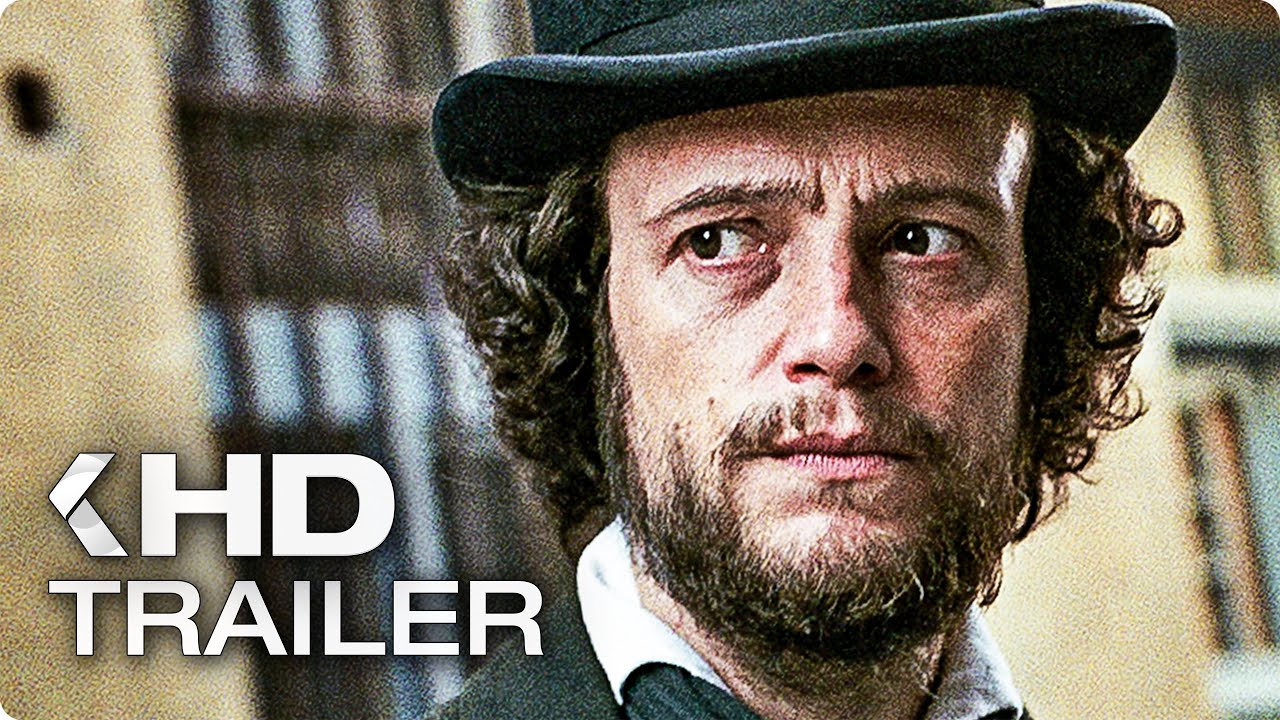
France / Germany / Belgium, 2017. Dir. Raoul Peck. With August Diehl, Stefan Konarske, Vicky Krieps.
If you’ve ever been curious to find out how the Communist Manifesto came about, how Marx met Engels, and what Jenny Marx thought about all this hubbub—strap yourself in, have we got a good Marxism 101 class for you. If, on the other hand, you’re looking for writing, plot points, and overall filmmaking that’s a notch above your regular Thursday night TV movie special, you might be best advised to look elsewhere. Or, better yet altogether, brush up on your history reading and save the 112 minutes of this movie altogether.
3. Give up on sleep.
With screenings that end at 1 am and resume the following morning at 7, sleeping becomes entirely optional. Toss in a few evenings and gallons of beer in the hipper areas of multicultural Berlin and you’re all set for waking up with a hammering headache.
So why sleep at all?
One of the friends I arrived to Berlin with nearly tested that option after having his ID stolen in Kreuzberg. What he didn’t expect was the odd schedule at the Romanian consulate, which apparently only dispenses temporary travel documents Mondays through Thursdays from 8 to 11 am. This being the situation, I wondered if his choice to see the movie below was feasible. Appropriately, the film is a nearly five-hour-long documentary of a year in one of China’s psychiatric institutions.
Qiu
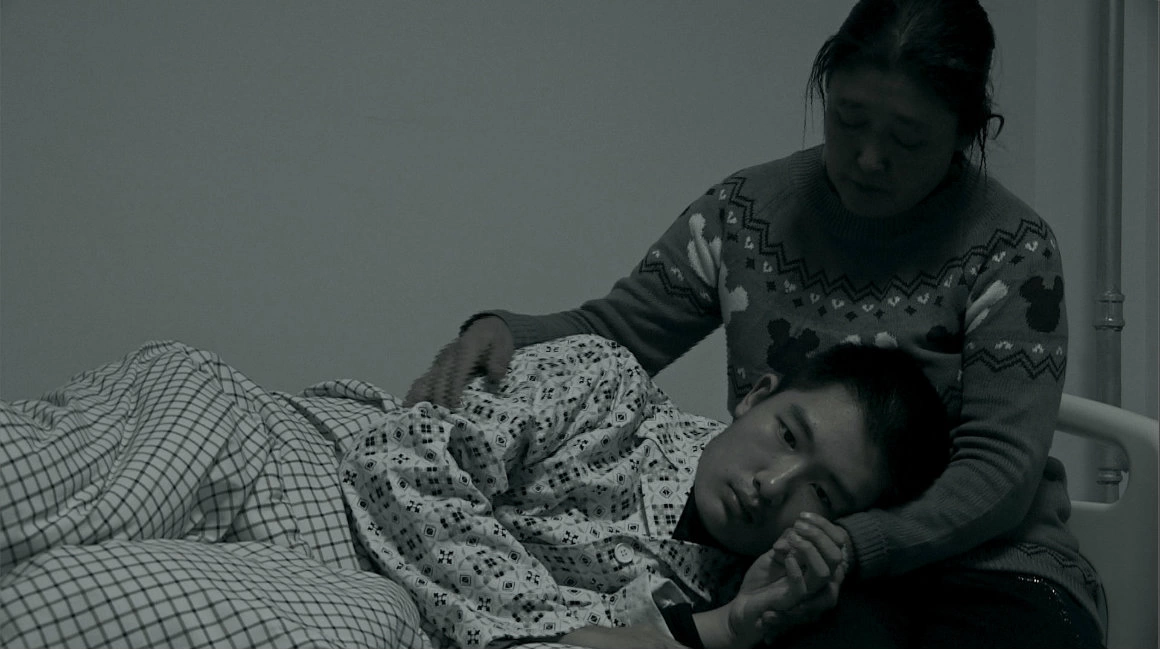
People’s Republic of China. Dir. Ma Li.
Watch a full minute of this movie here and then multiply that by 287. To describe the experience as Kafkaesque would be putting it mildly. Director Ma Li, on her third feature-length project with Qiu/Inmates, spent a year documenting the conditions experienced by the inhabitants of a psychiatric institution in China. The result is a torrent of explorations of nonconforming psyches, the peer pressure that pushes many Chinese to struggle inhumanely for money, with a healthy serving of political musings on the side. Featured: some of Chairman Mao’s poetic work, as memorized and recited by several inmates.
4. You are not as cool as you think you are.
Wear black, start smoking, inhabit a mental space that’s half-1983, half-vaporwave sub-reddit. You will still not be able to be cool enough for Berlin, with its mishmash of graffiti, posh lounges, dark-room-addled clubs, smokers’ bars, kebab food vans, and the like. I’ve yet to find out what NYC feels like, when experienced first-hand, but my handful of nights in Berlin thus far feel like an appropriate training ground.
That said, after the smoke, the all-night benders, and the foggy, freezing subway rides that followed in the mornings, this movie felt like a well-deserved, sunshine-kissed break from it all.
Call Me by Your Name
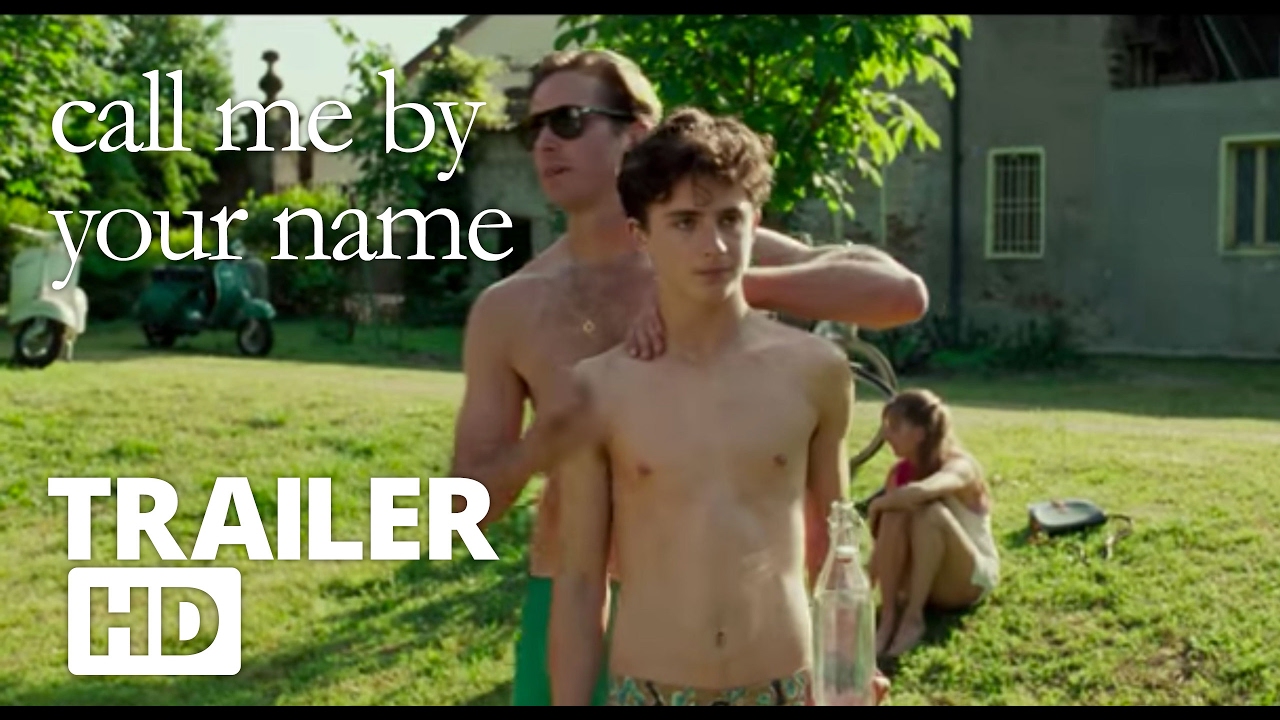
Italy / France, 2017. Dir. Luca Guadagnino. With Armie Hammer , Timothée Chalamet, Michael Stuhlbarg, Amira Casar, Esther Garrel
Here’s Armie Hammer again—and here come Louis Garrel’s younger sister, young Mr. Chalamet, with an impressively sensitive, sensuous & nuanced performance—plus a whole bunch of good-looking intellectuals. They’re all frolicking under the sun in Northern Italy, waiting for the summer to end, as per the confession of the movie’s teenaged protagonist. What follows is a gay romance whose first half brims with sensuality and tenderness. Unfortunately, the latter half of the movie falls flat, once its catalyzing tension is resolved. There’s still beautiful scenery and people to enjoy, but what starts out under Fowleresque/Joyce Carol Oatesian auspices fails to uphold those implied promises.
5. Accept that we are all Eastern European, one way or another.
The guy playing the whistle on the U Bahn, who chided us for not dancing along to his sârbă. The woman selling paper tissues on the S Bahn, who heard our language and skipped trying to convince us to buy some. The young, upcoming female star from Romania, whom I was surprised to find on the opening credits to the following European production.
We’re all Eastern European here, especially when walking around the birthplace of the Berlinale—the Western part of town.
Wild Mouse
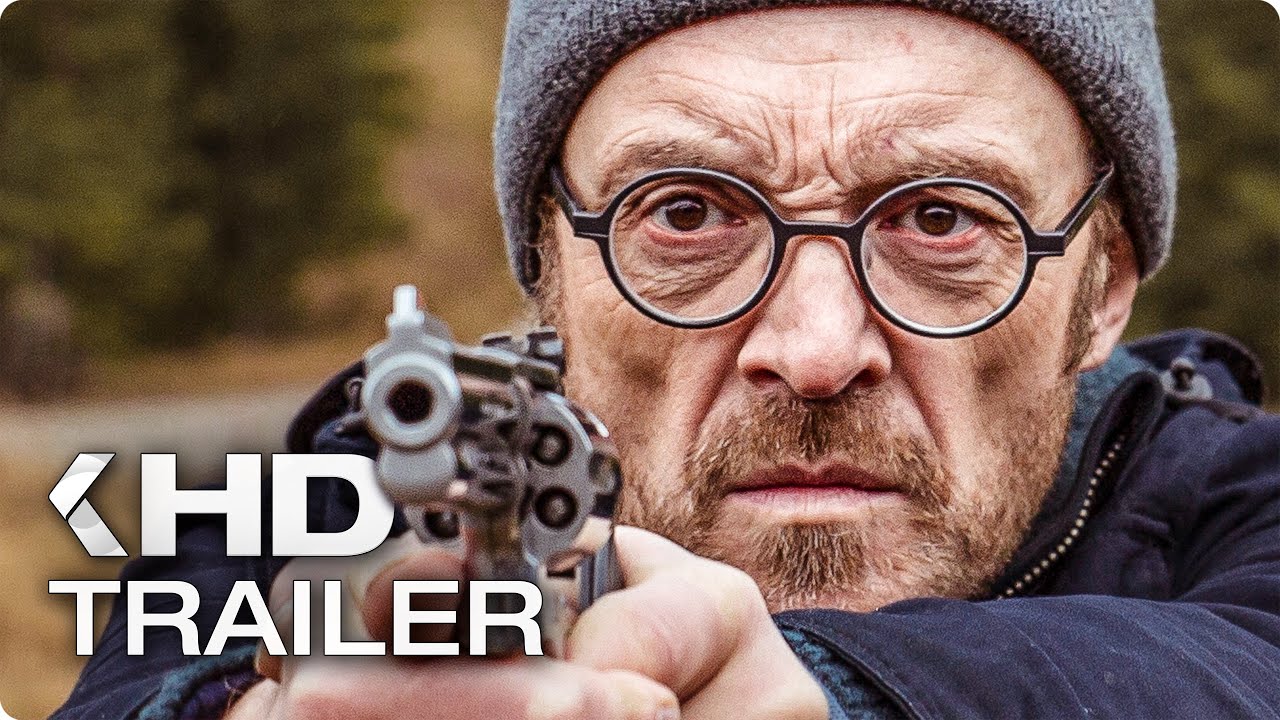
Austria, 2017. Dir. Josef Hader. With Josef Hader, Pia Hierzegger, Georg Friedrich, Crina Semciuc.
Georg is a middle-aged music critic for a major Vienna-based newspaper and his wife is a psychotherapist and life coach several years her senior. The world around them is falling apart at the hands of the refugee crisis—and so is their personal life, as Georg is made redundant, while his wife is pressuring him to have a child. What follows is a largely good-natured comedy in the Germanic-tradition. Ample Austrian mountain imagery is featured, as is the Prater, some sex scenes, and classical music. In the end, will Georg avert this mid-life crisis or succumb to its pressures? (Hint: this is a comedy.)
6. Be both confused *and* overwhelmed at the same time, all the time.
Around day 4, I started feeling like the city is finally making sense to me. It no longer felt violent and rushed, but nuanced and many-splendored. At the same time, the exhaustion of constantly being on the go only to settle into two-hours’ worth of willing suspension of disbelief was also setting in.
This is how I found myself bemusedly eavesdropping on the conversation of some fellow journalists outside a theater (Americans, judging by their accents). As I took a quick final drag from my cigarette before the following screening, I heard the girl in the group utter what would soon be my exact mental state: “I have so many ideas… and yet—I have none.”
Adiós entusiasmo

Argentina / Colombia, 2017. Dir. Vladimir Duran. With Camilo Castiglione, Laila Maltz, Mariel Fernandez, Martina Juncadella, Rosario Blefari.
It’s a psychodrama that plays out over the course of 79 minutes. It’s a family movie—unapologetically so. It’s the tale of little Axel, his three sisters, and their mother, who spends her days locked away from them. It could easily lend itself to psychoanalytical interpretations—yet the co-writer himself warns you against this. “When I was twelve, I thought about writing a poem with my mother and all her mystery as its premise; Mum always kept secrets and she was made of a vast, unfathomable peculiarity that awoke in me artistic interests... […]So, serving as an inspiring groundwork, the relation between mother and children, immersed in singularity and subjectivity, awoke in me another artistic impulse, one that was now more possible and sincere, which comprised not only my mother, but everyone in the picture. Basically, our idea when we started to work with Vladimir Durán was to write a dramatic text with dialogue and interaction that was at the same time visual and sensory, in which the true interest resides in the crossing of any border between what is personal and what is collective, and in the lack of boundaries between private and public.” (Sacha Amaral, screenwriter)
7. Be cold, stay sexy.
“No, no, cigarette is like… It’s like sex”, says the homeless, possibly Eastern European man that asks me for a cigarette, as I hand him the one I was just smoking.
A couple of nights before we'd ended up at a club whose name roughly translates as "Sexual Intercourse 3000".
There are complimentary condoms in the bathroom at the bar I go in to warm up with a coffee and do a bit of work.
I'd never been one to claim to know a city after five days, especially not one as large as Berlin. However, if there's one thing I am fairly certain of is that it's much more sex positive than the city I come from. I have yet to figure out if I see that as a good thing or not.
Meanwhile, it's on to the Internationale movie theater, set in a very Eastern-looking area, surrounded by condo high-rises and other architectural accoutrements that do look like the city I come from. I'm here for the world premiere of Berlin Syndrome--a thriller directed by Australian Cate Shortland.
Berlin Syndrome
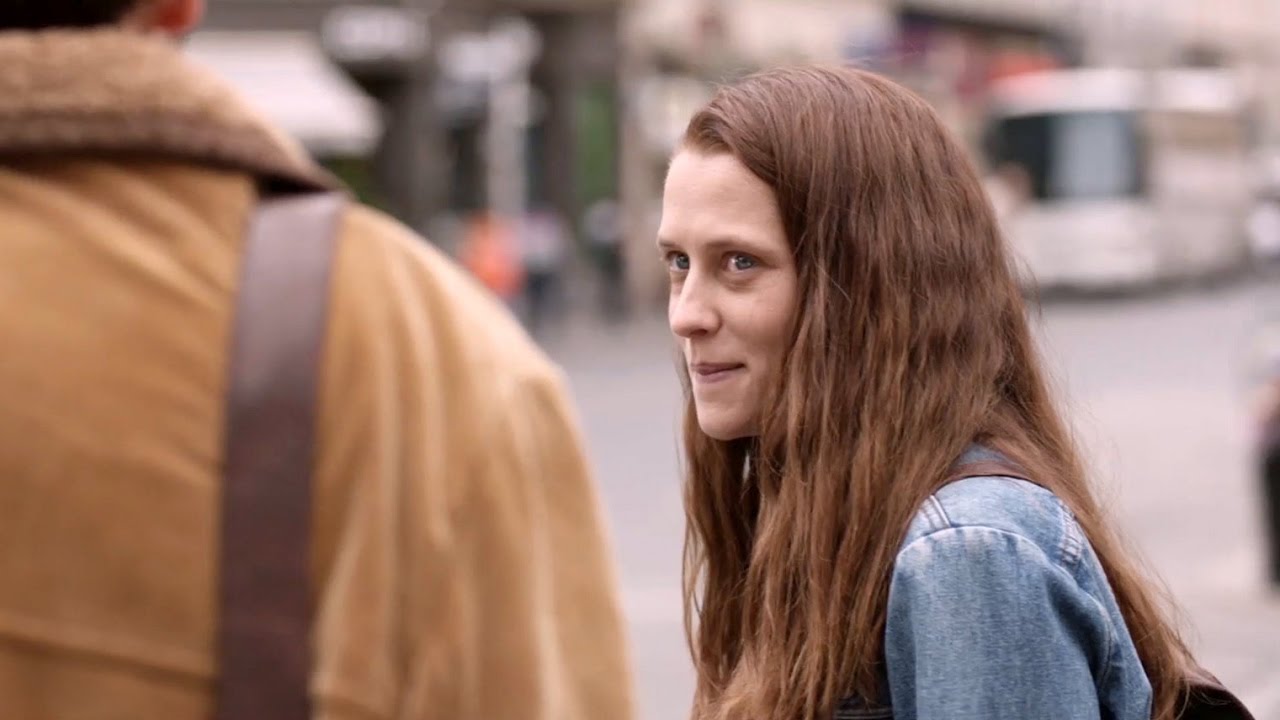
Australia, 2017. Dir. Cate Shortland. With Teresa Palmer, Max Riemelt, Matthias Habich, Emma Bading, Elmira Bahrami
Young bright-eyed Clare from Australia is exploring Berlin and ends up spending the night at the flat of young, handsome English teacher Andi. After a first 30 minutes that pack most of the tired cliches about Berlin seen through the eyes of a non-European, the thriller actually begins. And it's a tense experience with plenty of twists and turns, great soundwork and impressive editing that will keep you hanging by the edge of your seat, as the tired adage goes about thrillers. In my particular case, it also managed to put me off exploring Berlin all carefree--but, then, I wasn't the world's most bright-eyed explorer to begin with.
Main photo: Berlinale Goes Kiez im City Kino Wedding im Centre Français de Berlin. Peter Kreibich © Berlinale
